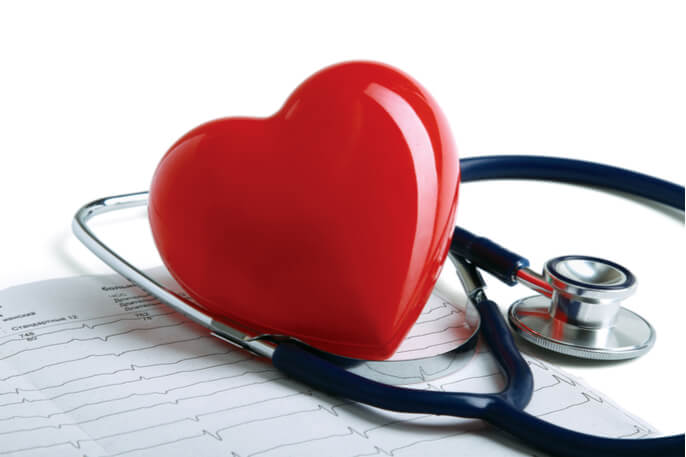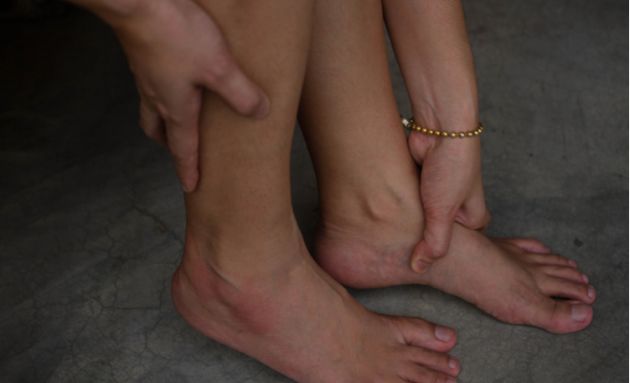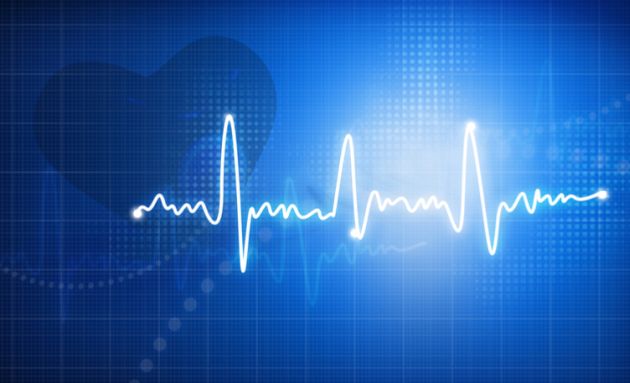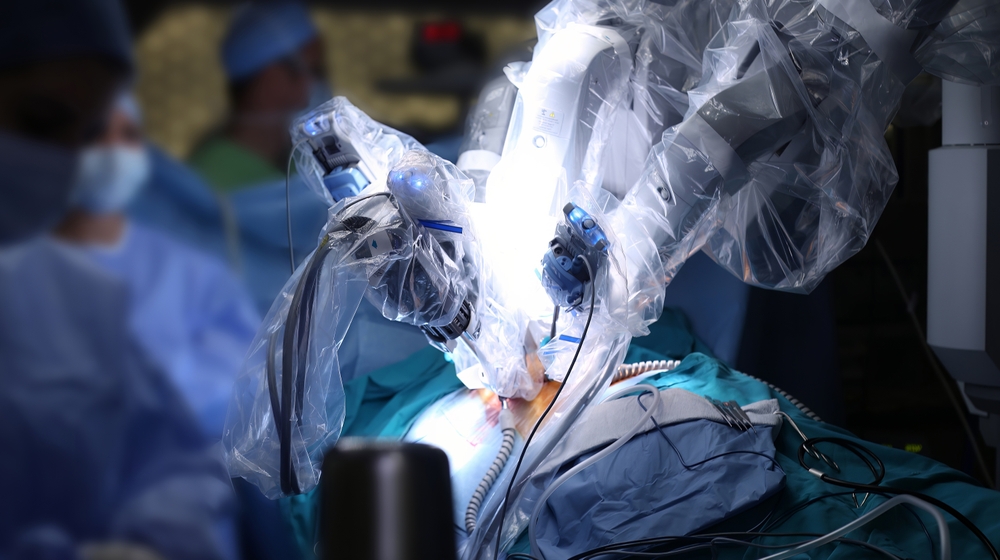
10 Early Signs of Heart Disease You Should Not Ignore
Heart issues don’t always come with warning bells or obvious signs of physical distress like the typical pain in the chest, breathlessness or palpitations. Some symptoms of heart problems do not even occur in the chest, which makes it difficult to identify the real issue.
Early Warning Signs of Heart Disease
Here are some signs of heart distress to look out for:
-
Chest Pain
This is the most typical sign of a heart problem. If your artery is obstructed and you are having a heart attack, you may experience feelings of pain or squeezing and crushing sensation in your chest. Each person describes it differently, ranging from the feeling of a heavy object on the chest to burning pain.
The discomfort may continue for a few minutes and it can occur when you are lying down or when you are active. If it is a moment’s pain and increases with pressure, then it might not be heart-related. But many times the heart problems, especially in women, elderly and diabetics can occur without chest pain. -
Upset Stomach

One heart-related symptom that is not as common as chest pain is an upset stomach which might manifest as a stomach ache, vomiting or acidity. Since these symptoms are generally associated with the flu or stomach infection, they get overlooked in connection with a heart ailment.
However, if you believe that your last meal should not have led to these symptoms then it is important to get medical attention to ensure that you are not potentially suffering from a heart attack. Also, it’s essential to remember that women have greater chances of experiencing an upset stomach in relation to heart disease, as compared to men. -
Sudden Pain in the Arm, Neck, Jaw or Upper back
These symptoms are frequently due to a heart attack or angina, especially if they appear suddenly and are accompanied by uneasiness, breathlessness or sweating. In the case of angina, they may disappear totally after a few minutes. Often these are mistakenly attributed to cervical spondylosis, toothache or muscular pains. -
Feeling Unsteady

These symptoms are frequently due to a heart attack or angina, especially if they appear suddenly and are accompanied by uneasiness, breathlessness or sweating. In the case of angina, they may disappear totally after a few minutes. Often these are mistakenly attributed to cervical spondylosis, toothache or muscular pains. -
Pain in the windpipe and mouth area
Pain in the throat and mouth area by itself is not a sign of a heart problem. It is usually a symptom of a cold or sinus blockage. However, if you have pain in the chest that travels up to your throat and mouth region then it could be a possible sign of a heart attack. You should get medical help to ascertain the cause. -
Lack of Energy

If your regular activities like taking a walk or doing chores have started to wear you out, then you should contact your doctor immediately. These changes could be important indicators of a bigger health problem. Particularly for women, severe fatigue and weakness stretching on for days can be a symptom of heart problems. -
Sweating
Sudden onset of a cold sweat without any clear reason could be a possible sign of a heart attack. If this occurs along with other symptoms, get medical help immediately. -
Swelling in the Lower Limbs

Your legs, ankles, and feet might get swollen when your heart does not supply blood properly. You could have abnormal blood flow in the veins causing bloating. Additionally, heart problems can also affect the kidney’s function of removing water and sodium leading to bloating. -
A Consistent Cough
Usually, a persistent cough does not indicate heart disease, but if you do have existing heart problems then you should be more alert. If you have a cough that is more prominent on lying down and on exertion and is accompanied by breathing difficulty, it could mean that the heart is not functioning properly causing blood to accumulate in the lungs. Make sure to consult with your doctor if you experience this symptom. -
Erratic Heartbeat

It is common for your heart to quicken or skip a beat when you are excited. However, if your heart skips a beat for more than a few seconds or if it happens too frequently and is accompanied by dizzy spells, you should contact your doctor.
If you are experiencing any of the above symptoms, you should get yourself checked. Quick response and medication at the right time can repair the circulation in your heart and save your life. Find out more on how to manage, prevent or reverse the effects of heart disease at Medanta’s Heart Institute.






